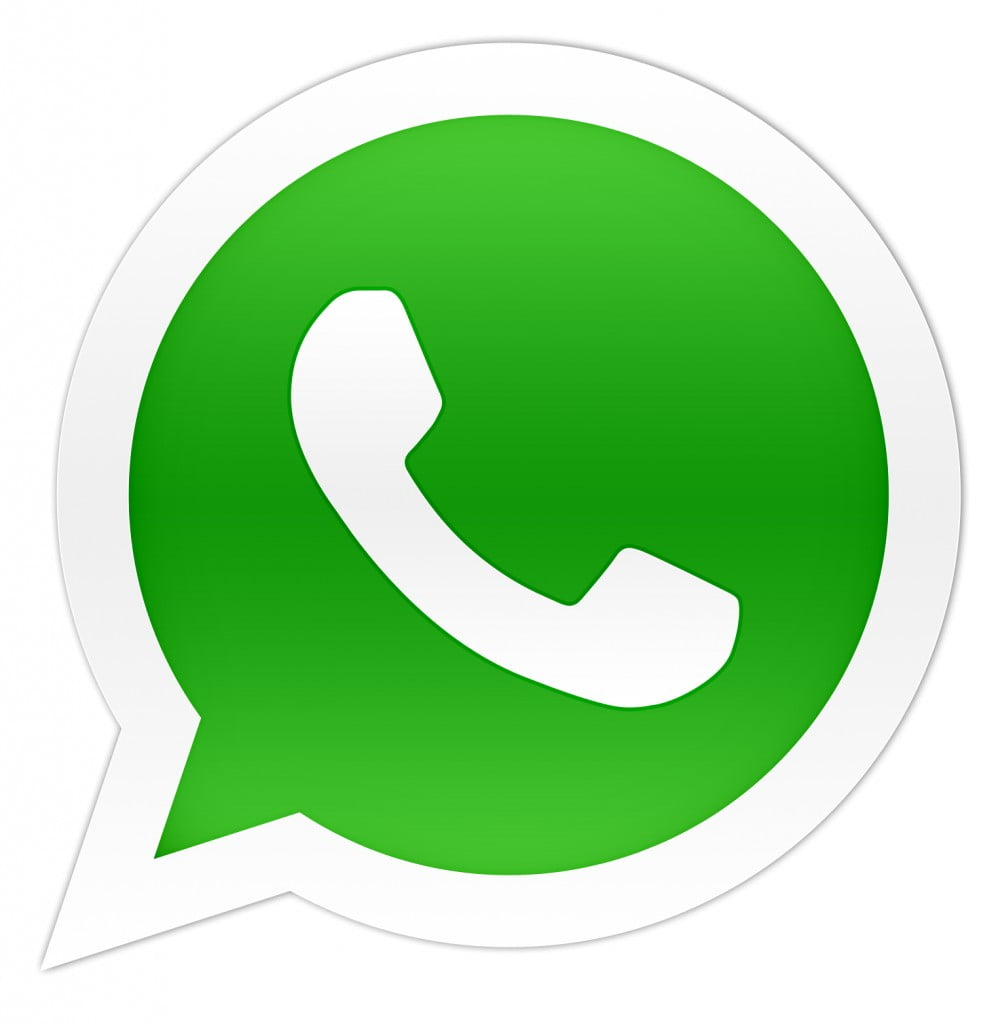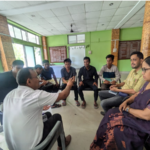Aniruddha Laskar explores here about the paradigm shift in the communication process across the globe……
Just a few hours back my brother updated a message in Facebook. ‘My octogenarian uncle pinged me to start a chat with him sitting a cool 2000 miles away’. Replies from all directions worldwide came in a flash from all my cousins who messaged back in unison; times have changed. Yes Indeed! The process of technological advancements have for now outpaced us in all quarters, let alone, for us to catch up with it and be ahead of its new applications. Is it a boon or a bane we need to ponder over it?
It began with a revolution when we started sending e-mails to our loved ones giving up the habit of using one of the most used forms of communication of yesteryears, the quintessential writing letters in black and white. Expression of love still remains, but the forms and quotes have taken a quantum leap. From emails via internet and short messaging servive urf sms with mobile phones, we have moved on to another form of keeping in touch with our ‘near and dear’ ones, or I should rephrase, ‘far and wide’ ones. Thanks to social media sites like orkut, twitter, linkedin, instagram, wechat, facebook, whatsapp and many more to come, the passage of conversation or rather ‘information sharing’ now transfers in just a blink of an eyelid.
Eyes wide open and just for a thought, I began rewinding my journey. Interpersonal communication which can bind two different thought processes are now using a common platform for having a language of their own. What sms started a few years back, have translated many to take up that language as their own. Having said that, many of this present generation might give me a feedback for this comment by simply texting me ‘tysm’ (thank you so much). I got even perplexed when OK became ‘k’. My thoughts wondered, what would be my reply if any of my loved ones expressed his or her feelings for me by simply using four characters – ‘Im4u’.
Characters and new applications, new lingo ‘app’, indeed have taken the centre stage. Moving to another level a smartphone app named Whatsapp is now the buzz word. A very old friend of mine sent me a message, ‘kya jawab nahi deta’(you don’t reply back) in Whatsapp, to which it surprised me as we have taken the mobile phone connections together almost 11 years ago for talking to each other as and when required. We have talked for hours over a decade using our handsets. Why now this transformation? Why can’t he call me? Answers to this lies in the ways these applications are designed and presented before the users.
I googled to know more about it to which I found WhatsApp Messenger “is a cross-platform instant messaging subscription service for smartphones and selected feature phones that uses the internet for communication. In addition to text messaging, users can send other images, video and audio media messages as well as their location using integrated mapping features”. Wow! It’s a jackpot for many and too ugly an app for others whose life’s definitive tasks might go for a spin. A husband in Saudi Arabia divorced his wife for she did not reply back to his WhatsApp message even after reading it and being attached to it throughout the day or rather I should say 24 x 7. In Italy, a divorce lawyer informed that the divorce rate has increased 40 percent owing to WhatsApp and its uses for intimate exchange of messages with strangers.
WhatsApp is the world’s largest messaging application with over 700 million users to which India alone has one tenth the subscription, a whopping 70 million users. Being less expensive than mobile texting with more added features, the user base of this app is increasing at a rate which only the owner of the facebook Mark Zuckerberg know better, for he has acquired this app for a cool 19 billion dollars. With 25 million subscribers adding up every month and close to 9 lakh active users every day brings us to question ourselves – What’s Applicable or should I say as a layman, What Next.







